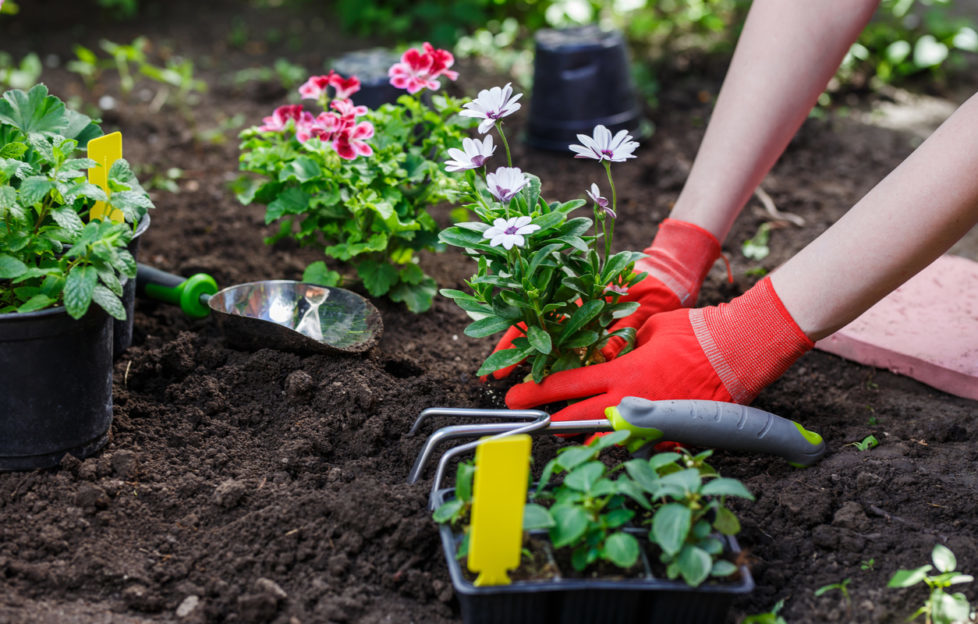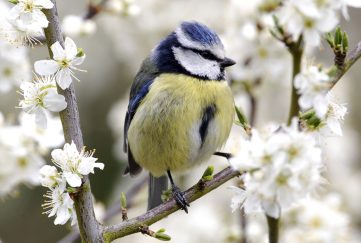7 Plants That Are Best Left to Experts

Recent research has revealed that not all plants are able to survive the hands of a beginner gardener
Gardening is a favoured pastime for many but some plants need expert care to keep them growing and flourishing.
According to research, certain plants, flowers, and vegetables cause green-fingered gardeners the most difficult time in growing and keeping alive.
And, despite being some of the most common vegetables to feature on our dinner plates, celery and onions are notoriously hard to grow in the UK due to their specific care requirements. Melons, Orchids, and Cauliflowers also make the list.
Feed me Seymour?
On a more global level, Venus Flytraps and wasabi are extremely finicky as they require very a particular set of environmental factors for growth, with Flytraps even requiring to be ‘fed’ live insects from time to time.
Orchids
Although one of the most popular houseplants in the UK, orchids are notoriously fragile. They need to sit in a room with temperatures between 15 and 30 degrees Celsius and like full morning sun, but shade for the rest of the day. The leaves should be light green (when they are too dark this means the plant isn’t getting enough sun) and you should allow the soil to dry completely between watering. They also like to be fed once a month.
Cauliflower
Cauliflower can be a bit tricky to grow as it requires a long growing season – plus it doesn’t like the weather to be too hot or too cold. You should sow the seeds early enough to have them mature by the time of the hot temperatures of summer, but late enough so that it’s not too cold. Most plants must also be blanched, or have the stalks bent so that the outer leaves come up and over the top of the head, covering it. The leaves must be tied and kept this way until the head has matured.
Venus Flytrap
The roots of the sophisticated Venus Flytrap are extremely sensitive, so you should only use distilled water or rain water to hydrate it. The plant needs to have proper drainage and special soil or else they will die in regular potting soil – most people use sphagnum moss with an equal amount of sand. They love to sit in lots of sun and you shouldn’t give Venus Flytraps – or indeed any carnivorous plants – any fertilizer. Remember, if you’re keeping the Flytrap indoors, you will have to feed them insects such as mealworms or crickets!
Celery
The ideal celery stalk is crunchy and the taste is delightfully intense, but this combination can be difficult to master when growing your own. Celery requires a lot of moisture, so it should be planted in a soil mixture that can hold water well. This is the first hurdle that novice gardeners tend to fall at – as many may not be used to such regular and consistent watering. The plant also has a long growing season of around 120 to 180 days from seed to harvest, and requires cooler temperatures.
Onions
Onions don’t only make you cry when you cut them – they can also make beginner gardeners sniffle after trying and failing to grow them without being properly informed! Onions are particularly sensitive to the amount of daylight they receive and so picking the right type of onion in relation to where they’re going to be planted is essential. Different varieties require shorter days (about 12 hours per day) but there are others that might require up to 16 hours of daylight!
Wasabi
Widely regarded as one of the most difficult plants to grow in the world, wasabi is prone to disease when planted on a large scale and can take just over a year to mature. Too much humidity or the wrong nutrient composition can wipe out an entire crop of fussy wasabi, and it’s grown unlike any other plant. It needs lots and lots of water, but it can’t be submerged like a water-lily.
Melons
Most melons grow on sprawling, space-hogging vines which is why many gardeners shy away from growing them in the first place. Plus, flavourful melons are not the easiest things to grow by any means. Many gardeners may find that they can grow hardly any fruits, and even the ones that do sprout taste bland or bitter. For the best chance of success, keep your soil mulched and watered to prevent stressing your melon plants, and try to prevent extreme temperature swings as much as possible.
A spokesperson for Garden Buildings Direct said: “There are a number of flowers and vegetables that either look or taste great, but when it comes to growing your own, it seems near enough impossible.
“Some may germinate and sprout quite easily, but trying to keep them alive for a sustained period of time or until they can be harvested is a real task.
“Unless you’re willing to do your research and read up on exactly what each plant requires – from specific soil types to particular types of water you should use – then you’re not likely to have much success in keeping these sensitive plants alive.”





